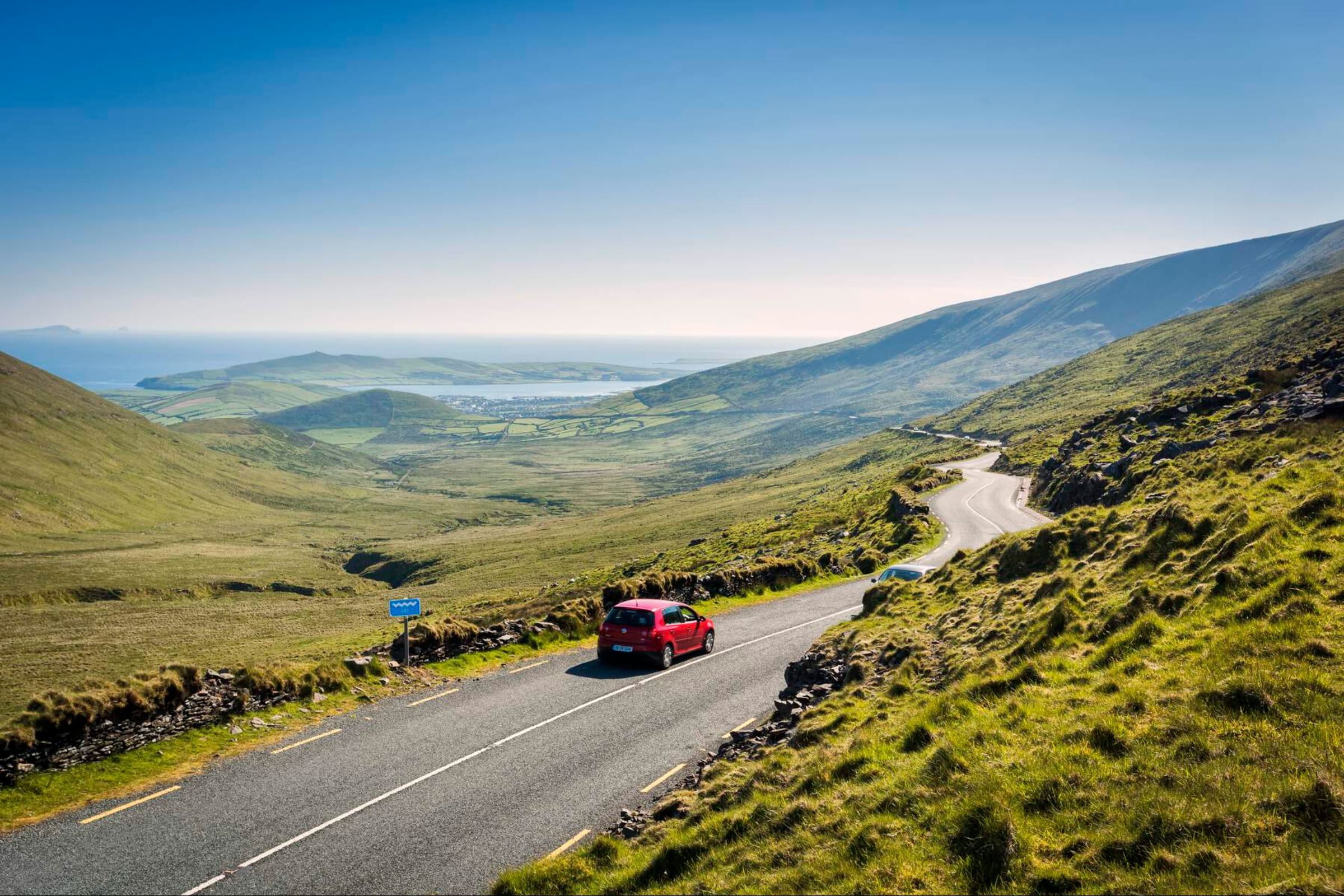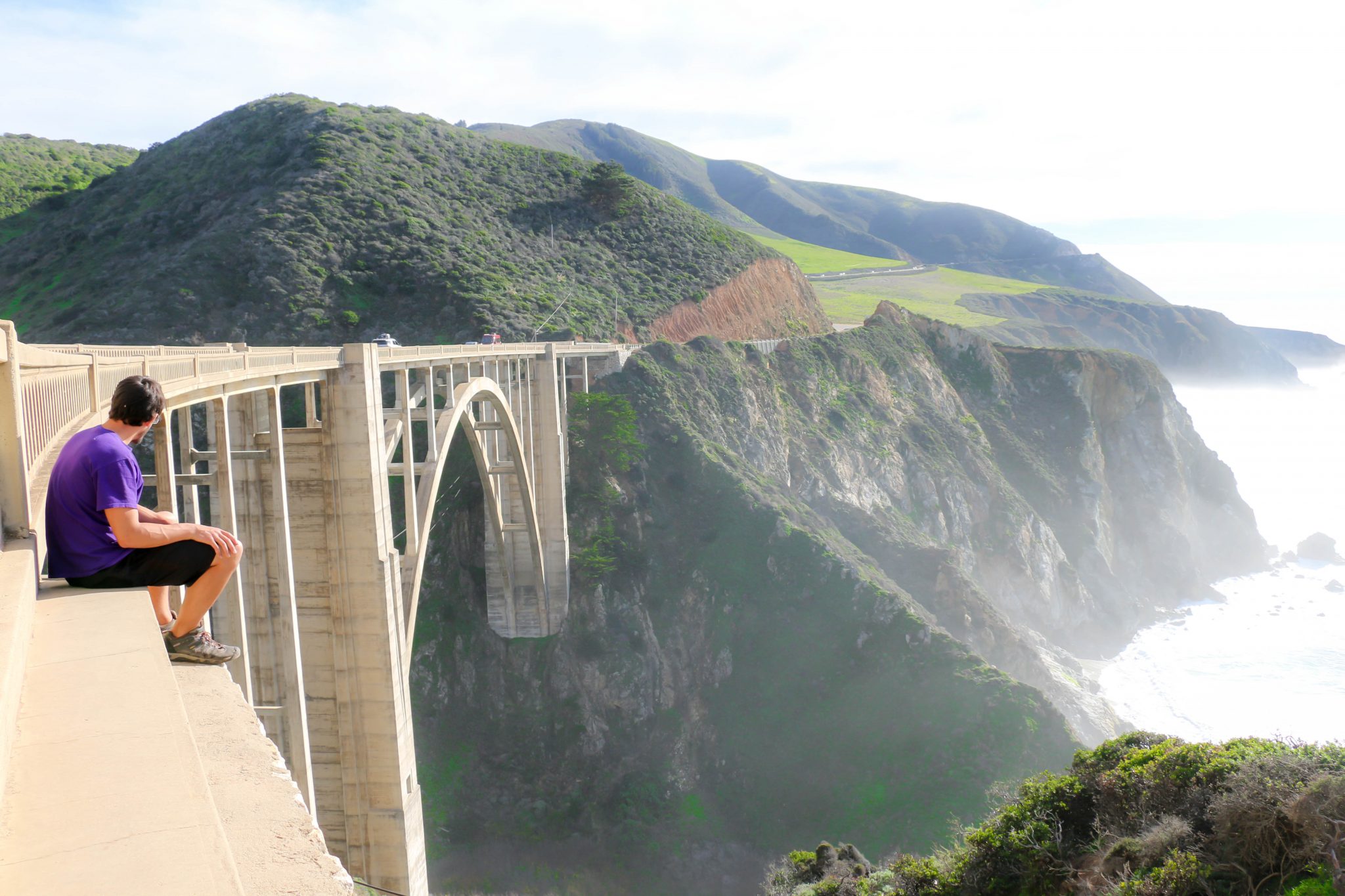Mark Knopfler and His Fascination with America

Like many British musicians, Mark Knopfler grew up with an appreciation and fascination of the rebels across the pond in the USA. Before Dire Straits and the success of “Sultans of Swing” in 1977, Knopfler was influenced by a wide variety of American artists like Bob Dylan, Elvis Presley, the Everly Brothers, J.J. Cale and Chet Atkins.
In the summer of 1976, he took an extended vacation to the States. According to Myles Palmer’s unauthorized biography, Knopfler stayed with friends, spoke with strangers, and soaked in the excess. It was during this time he was building the confidence to leave behind his work as a teacher and journalist and pursue music in a major way.
While most of the songs on Dire Straits’ first three albums were strongly influenced by his experiences in the U.K., his American fascination started to bleed through on 1982’s “Love Over Gold” album. The title track, “Telegraph Road,” was written while on the band’s first US tour, and the song was written about the birth and ultimate death of an American town. The Telegraph Road in question is apparently somewhere in Michigan, which Knopfler observed from a seat on a tour bus.
As the fame and stardom subsided from Dire Straits with the success of “Brothers in Arms,” Mark reached back to his early interests in country and country-blues music. At the end of the 80s and start of the 90s, Knopfler was fortunate enough to play with his hero, Chet Akins, during a Nashville television special. Their special friendship and two-person mutual admiration society continued until Atkins’ death in 2001. Knopfler’s hobby band, The Notting Hillbillies, was 100{899b15f80a2d8718204d48354149b0a45e47eff631d37dac5896e2c8e1eedb93} pure country and blues music.
The final Dire Straits album, “On Every Street,” featured several very obvious odes to the U.S. on the title track (“the fireworks over Liberty explode in the heat” influenced by his experiences in New York) and “The Planet of New Orleans.” “Calling Elvis” continues to track Knopfler’s fascination with the King. One of Nashville’s brightest stars at the time, singer-songwriter Vince Gill, actually worked as a session musician for the album.
His second solo album, 2000’s “Sailing to Philadelphia,” pushed England to the background with just a few home-based tunes. Instead, “Do America,” “Speedway at Nazareth,” “The Sands of Nevada,” “Prairie Wedding,” and the title track were drenched in Americana. It’s an appreciation and awe of the country that Knopfler brings to the music; it’s rarely anything derogatory. 2004’s “Shangri-La” brought out tributes to famous (infamous?) Americans like McDonalds’ founder Ray Kroc, boxer Sonny Liston, and Elvis again.
Mark Knopfler’s most recent duets album with Emmylou Harris has pretty much left England behind and replaced it with a country longing and enjoyment that comes with age and experiences. Knopfler’s been widely quoted as saying that the tragic events of 9/11/01 in New York influenced several of the songs on the album. No coincidence that his touring band for the last ten years has featured some of the most successful session players from — where else? — Nashville, Tennessee.






